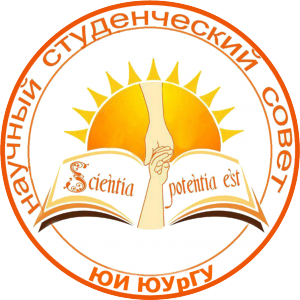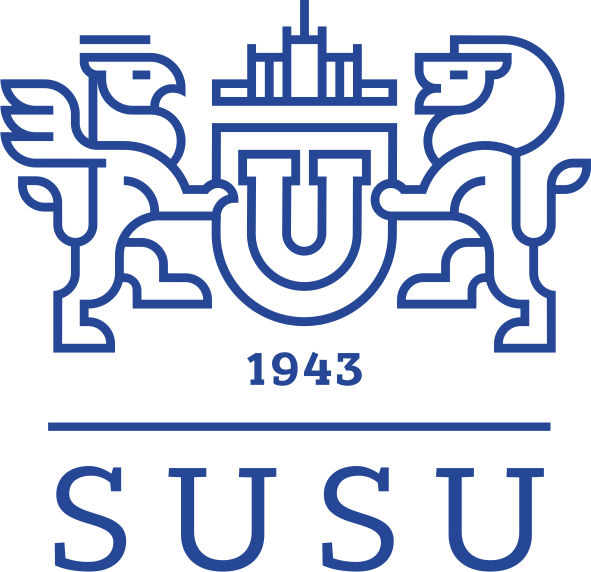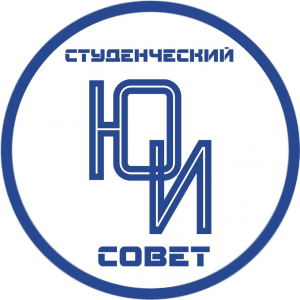The Law Institute of the South Ural State University (National Research University) expresses interest in scientific cooperation on the implementation of large research projects conducted by our institute.
Such cooperation of our universities can be a powerful impetus in the development of the legal science of our countries.
In conditions of intensive transformation of social relations, law cannot simply fix the rules developed by society, giving them state protection, it should be an instrument of such a transformation. The most significant restructuring of both national and international legislation will be required in connection with the development of the digital environment. The legal community will have to rethink many traditional approaches to building legal norms as quickly as possible, as well as individual legal institutions to ensure the effective use of the achievements of technological progress.
In this regard, our institute launched the interdisciplinary scientific project “Legal Tech: the legal regulation of artificial intelligence and robotics, digitalization of law and law for the smart industry”. This project involves a lot of work to create a high-quality legal base for modernization and the provision of an appropriate level of legal services.
The main areas of research:
Digitization of law;
Legal basis of the digital economy;
Smart law for smart industry;
Intellectual property and digital objects;
Digital technologies in labor relations;
The doctrine of digital crime;
The doctrine of the investigation of digital crime;
Electronic evidence in civil and criminal proceedings;
Digital technologies in legal education;
Artificial Intelligence;
Blockchain and cryptocurrency;
Legal foundations of robotics
Legal regime of Big data
Development of the digital environment: from a smart home to a smart city
Among the issues that need to be resolved, for example, the determination of jurisdiction and the procedure for identifying a person on the Internet, the legal regime of peer-to-peer technologies, the ratio of national laws to the rules established by foreign administrators of information services, and many others.
Forms of cooperation:
joint research on identified topics;
participation in scientific events held by the law institute (conferences, forms, round tables);
participation in the formation of collections of scientific articles and collective monographs that are published by a law institute;
lecture for students studying at the Law Institute of SUSU.
We hope that our proposal will cause interest and we will be able to conduct joint research for the benefit of the development of legal science!


